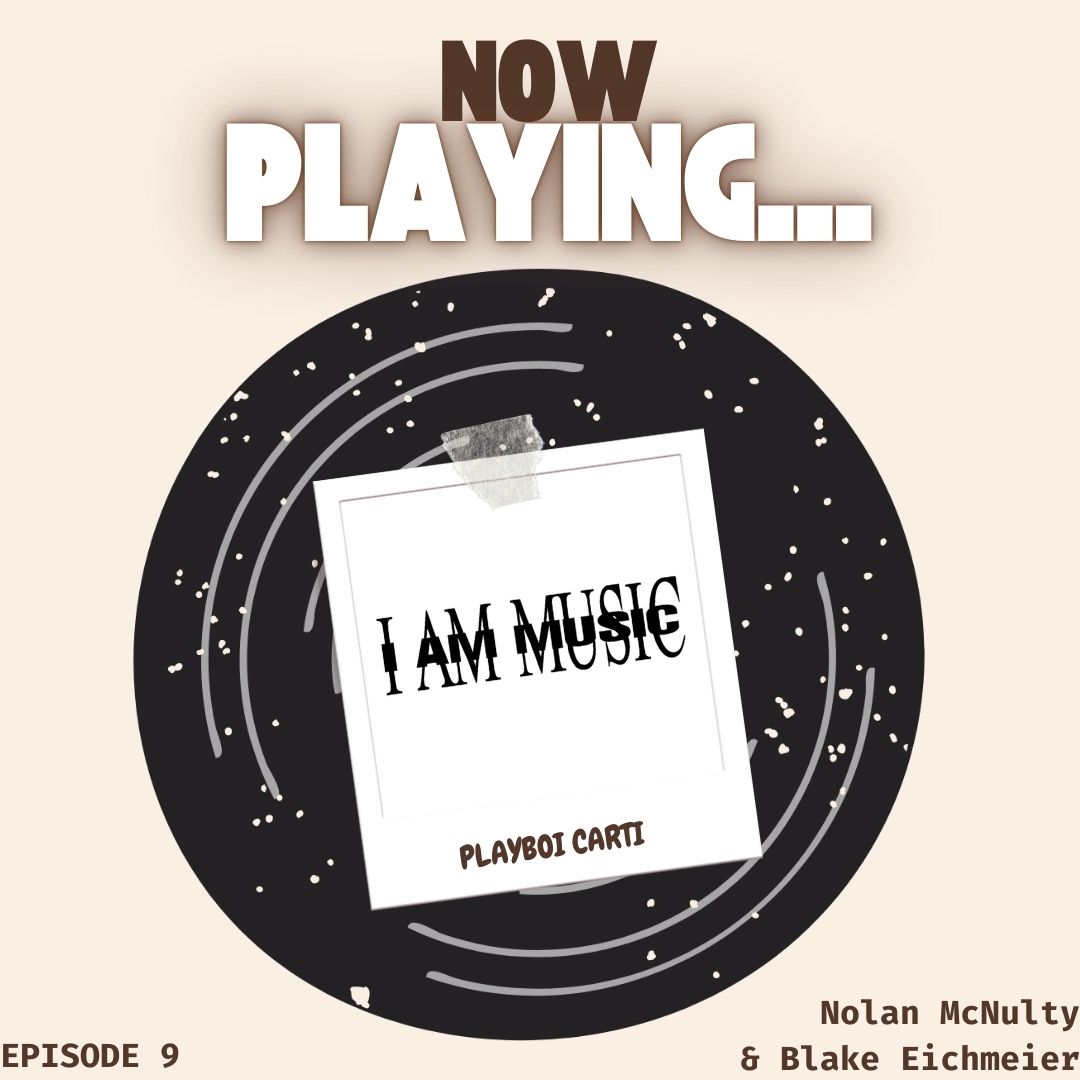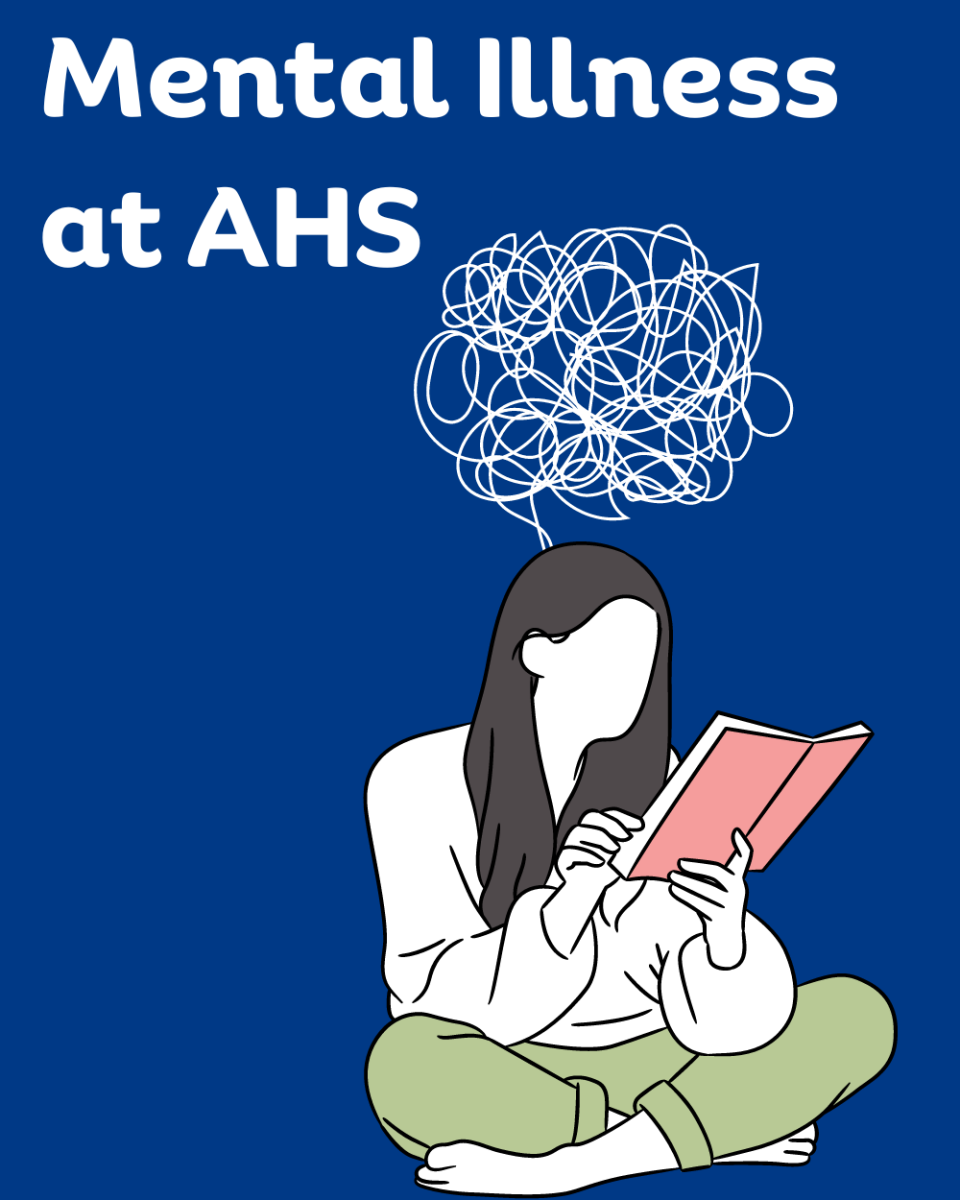Sixteen percent of teens aged 12-17 experienced a major depressive episode, and three in five teens received no mental health treatment for their episodes or illnesses, states Mental Health America (MHA) from a 2022 youth data report. Gifted children were found to be more susceptible to mental illness as well according to a 2018 study from the National Library of Medicine. It has also been found that 75 percent of mental illnesses start in adolescence and young adulthood.
At Ankeny High School (AHS), there are seemingly many resources for students with mental health needs from the Mental Health Awareness Club to therapists that come to school to help work through mental illness and eliminate the stigma surrounding it. However, there is a question of whether certain groups of students have higher rates of mental illness compared to others, including Ankeny’s Extended Learning Program (AELP) students and those enrolled in college-level courses.
“What I think I see for students who maybe are high achieving students, but are struggling, is they really do have that pressure on them that causes them to feel anxious, or they are striving for perfection, and that causes them a lot of stress,” AHS social worker Arin Renaud said. “It can take a big toll on their mental health, whether that is dealing with anxiety or depression, and feeling kind of like they’re never going to be good enough. So I definitely do see that correlation.”
Some AELP students reportedly feel that AELP has created pressure on them to succeed in everything and to take those higher courses without providing adequate tools to manage the stress of advanced courses. AELP students and students who take Advanced Placement courses are often held to higher, rigorous college-level standards including no retakes on tests and no acceptance of late homework. Students reportedly feel that they hold themselves to higher standards and often seem to feel upset when they do not meet these standards, even in higher level courses.
“I feel a lot of pressure to be the good student…the one that is high ranking…like [what] the expectation [is for] an AELP student,” junior at AHS Isabel Peverill said. “I see all my peers around me, who are other AELP students, and they seem to be achieving way more than I do.”
Seemingly not all students are aware of the resources AHS offers for those in need of assistance with mental health.
“So in terms of mental health resources at school, there are two to three options. One of them is taking advantage of our Student Assistance Program, which is through Employee Family Resources,” Renaud said. “There are little fliers around the school with a QR code that students can even just fill out on their own to be able to sign up and see that therapist.”
Renaud also talked about another therapy option offered through a partnership with a therapy company and the school.
“Our second option, which is a little bit more challenging to get into, is our school-based therapy program where we partner with Life Works, and Life Works is a community therapy agency…That is really like you’re utilizing a community service that just happens to be taking place at school so that you would have to like do an intake through their office,” Renaud said.. “Your parent would typically have to go [and sign up] and they bill insurance for that.”
The third option Renaud mentioned was herself as a support role for students.
“Then there is me. I am not offering therapy at school, but I am a mental health professional. So I can offer some support to students. Again, not therapy, but maybe like you would call them therapeutic conversations where we can talk about how you are feeling and what you are doing to cope with things and what things you can discover that really do help you,” Renaud said.
However, not all students believe that AELP and advanced courses can lead to high rates of mental illness, saying AELP can actually help them deal with the stress of advanced classes.
“I feel like in a way… it [AELP] helps knowing that I am not the only person because we are all taking hard classes. And so it is kind of nice because then you also get to meet with people who you can confer with so that helps…,” junior at AHS Morgan Conklin said. “But I feel like as you get older, it gets easier.”
Though there is still a debate over whether AELP and advanced courses are a contributing factor to mental illness, it is well known that mental illness is on the rise with a fifty percent increase from 2013-2021 according to the American Psychiatric Association.
“I feel like making it more well known that we have all these services available to us because besides counselors and mental health [club], people do not really think about any of the other ones and having them [available],” Conklin said.




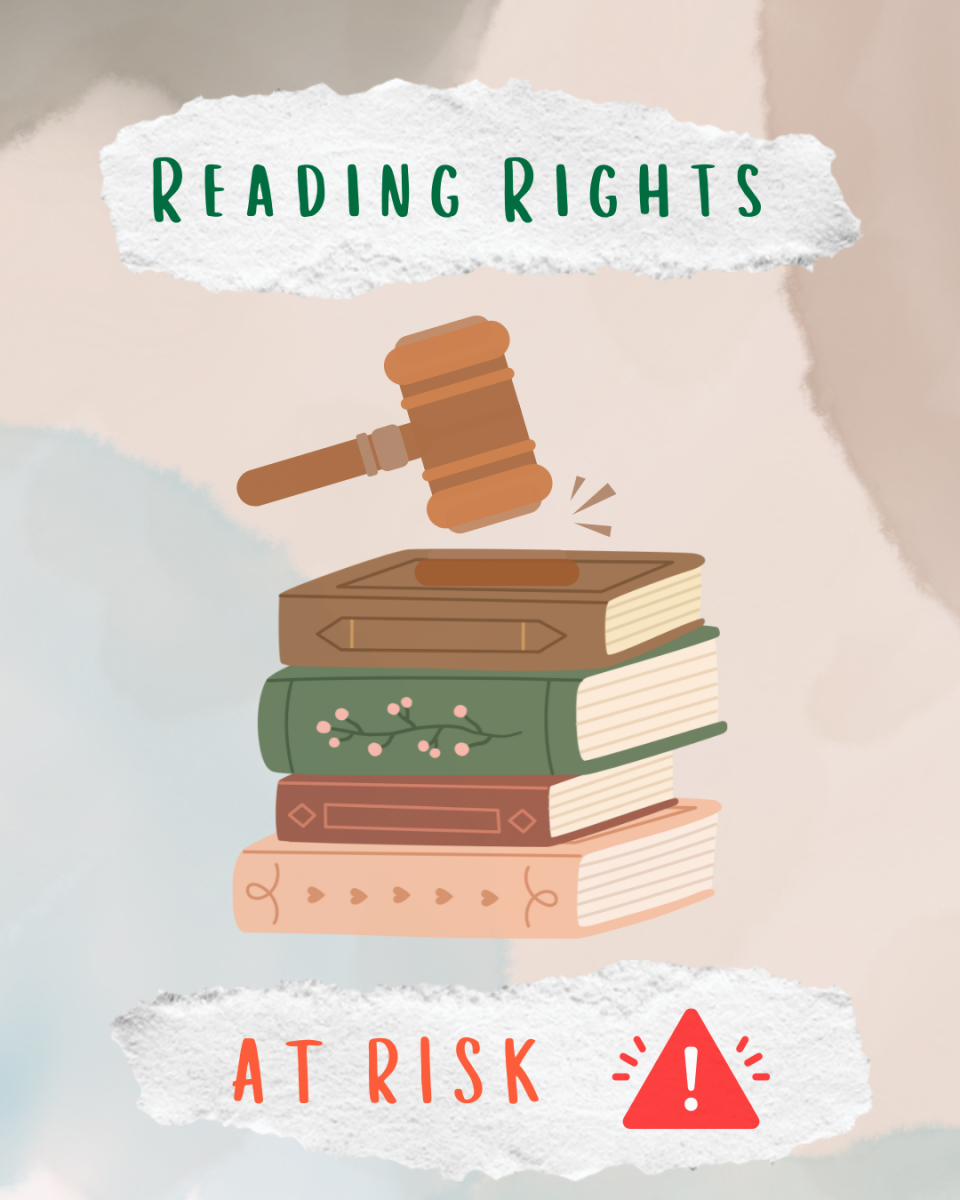














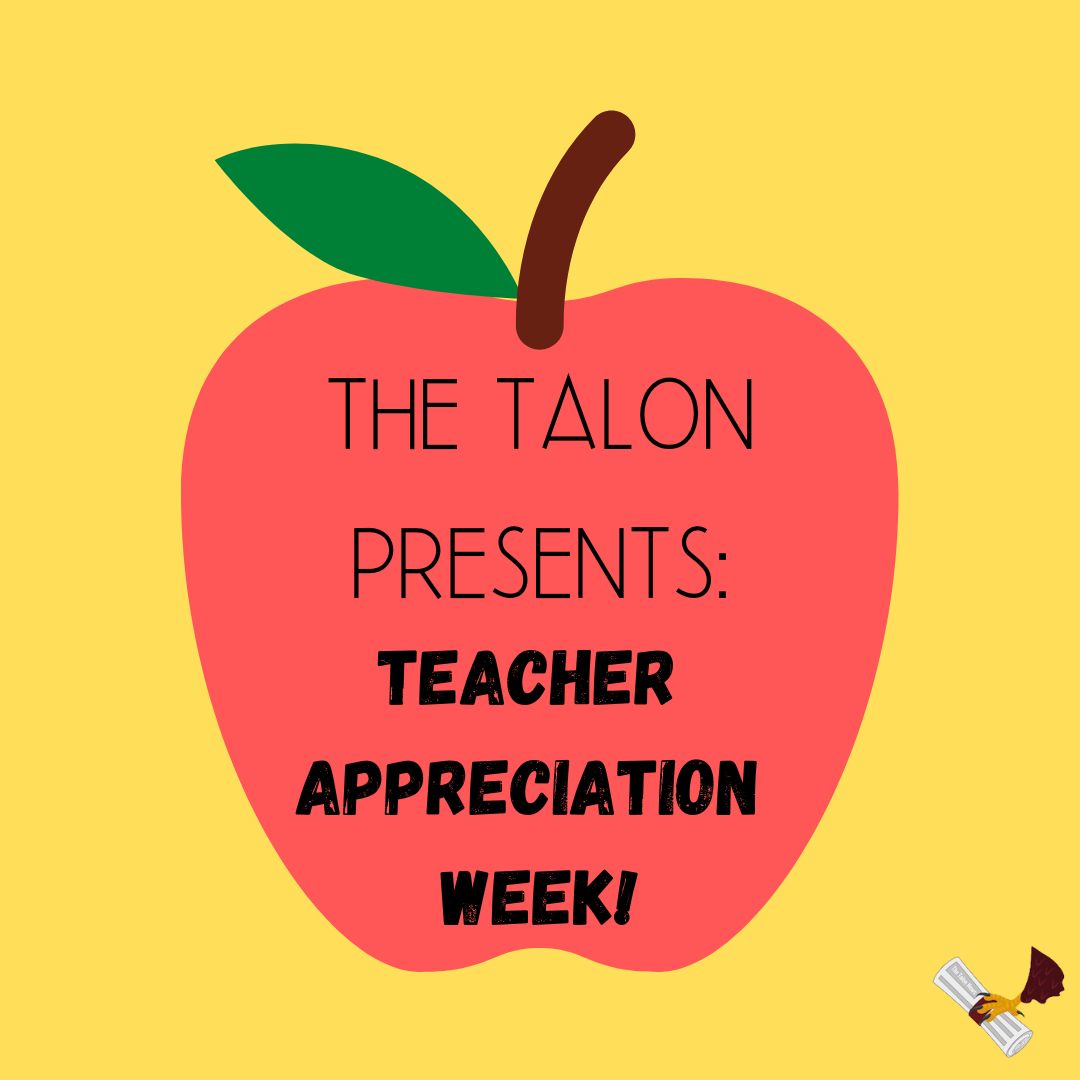





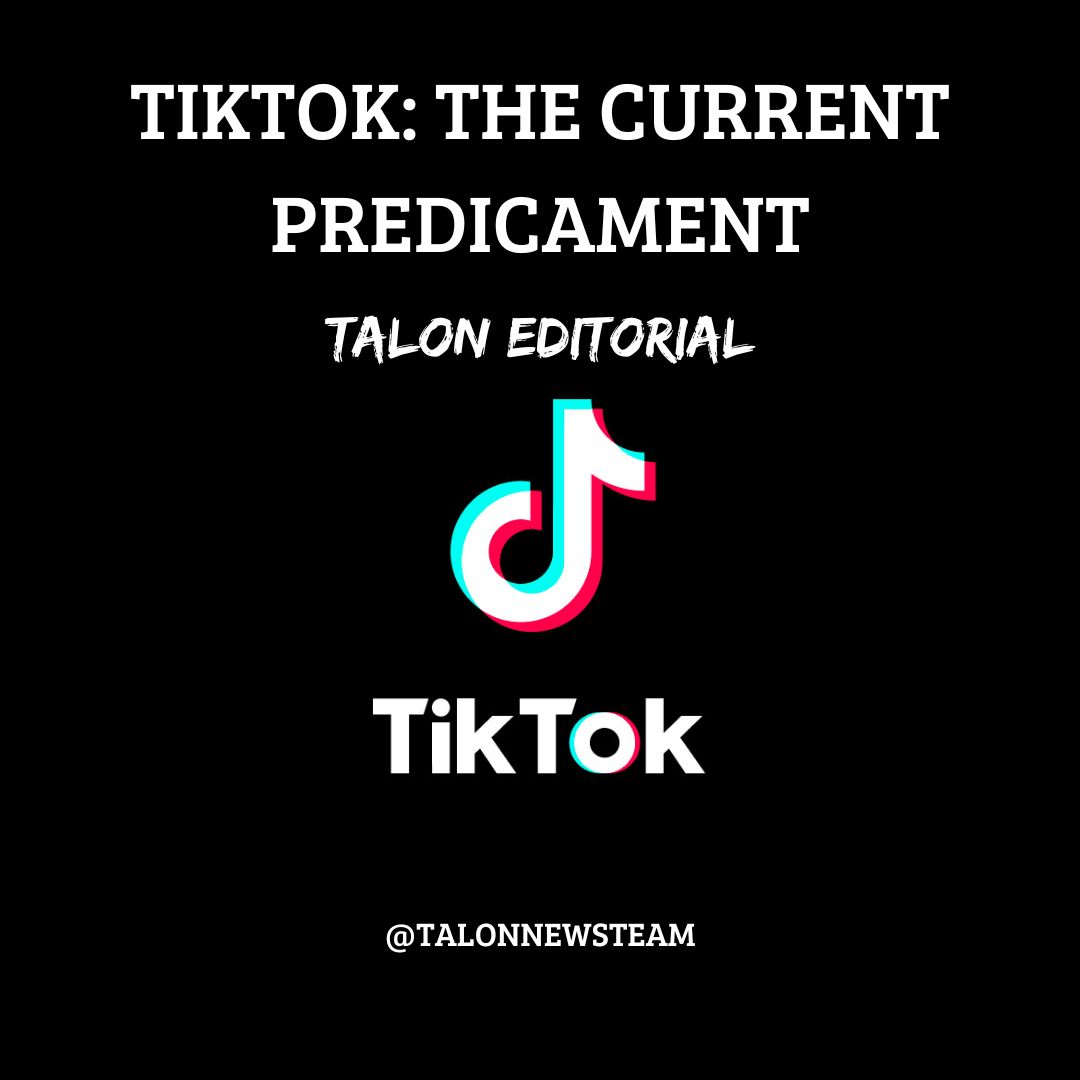





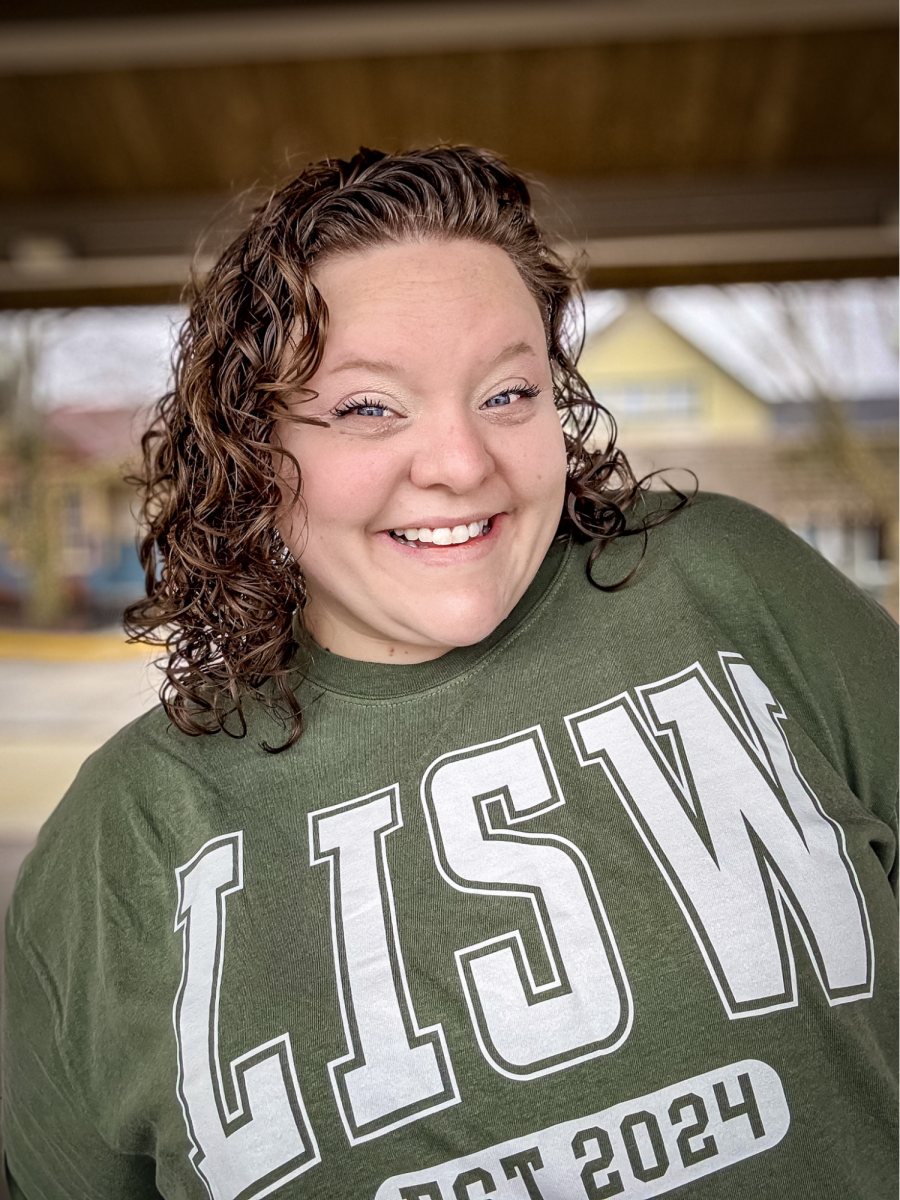

![Bing talking about the plan for the day with her students in one of her AP Biology courses. “If I wasn't passionate about working with students, I don't think [I’d stay in teaching], but no, it's absolutely the students that I have that [make it worth it,” Bing stated. Photo taken by Sylvia Bartlett.](https://ahstalonnews.com/wp-content/uploads/2025/04/bing.jpg)
